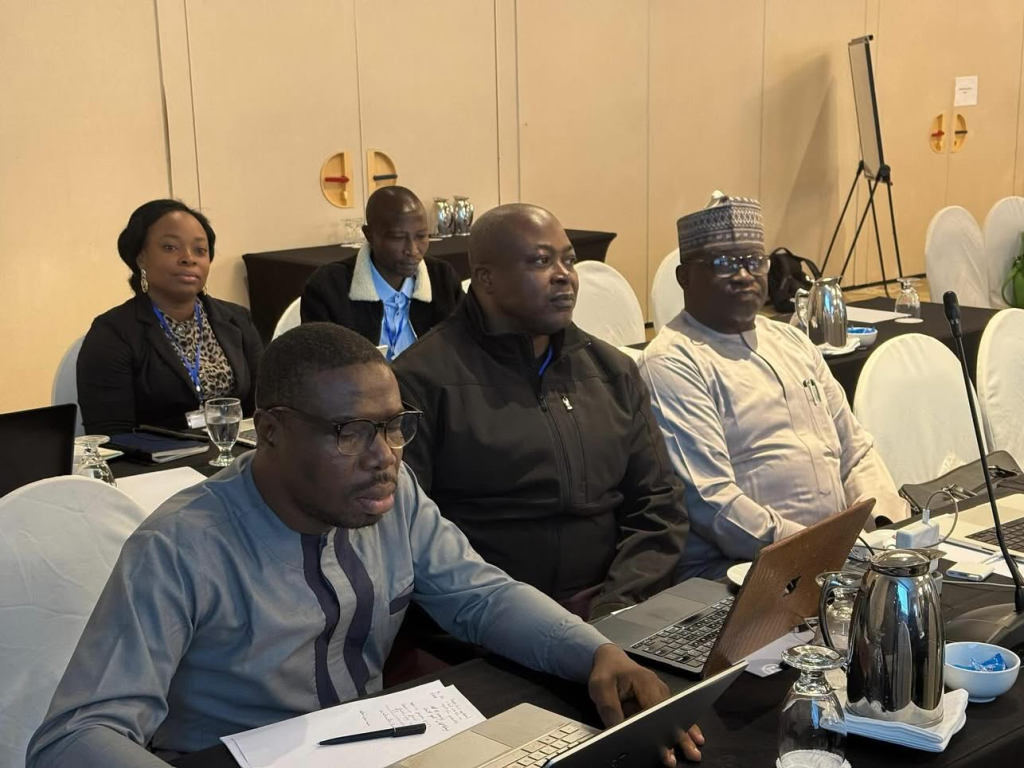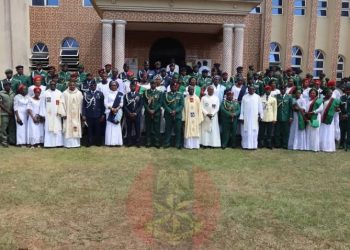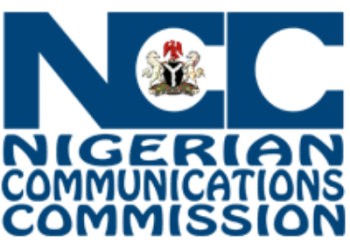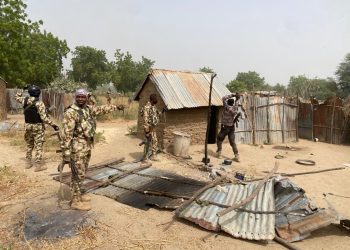By Nkechi Eze
In a significant step toward enhancing Nigeria’s influence in the global technology ecosystem, the Standards Organisation of Nigeria (SON) has announced the country’s official upgrade from Observer to Participating Member status in the International Organization for Standardization/International Electrotechnical Commission’s Joint Technical Committee 1 (ISO/IEC JTC 1) and Subcommittee 17 (SC 17). The milestone was achieved during the recently concluded ISO/IEC JTC 1 Plenary held in Singapore from May 5 to 9, 2025.

The development marks a major leap forward in Nigeria’s ambition to play an active role in global standard-setting processes for information technology, particularly in critical sectors such as cybersecurity, artificial intelligence, identification systems, and cloud computing.
Until now, Nigeria had held Observer status in the ISO/IEC JTC 1, which limited its participation to following proceedings without the right to vote or propose standards. With the new Participating Member status, Nigeria now has a direct voice in shaping international standards that underpin the digital economy and technological innovation worldwide.
“This is not just a victory for the Standards Organisation of Nigeria, but a bold step for the entire country as we move to strengthen our national position in global digital governance,” said Director General of SON, Mallam Farouk Salim. “Our upgrade in the ISO/IEC JTC 1 and SC 17 shows the international community’s recognition of Nigeria’s growing competence and strategic interest in emerging technologies.”
As a Participating Member, Nigeria will now be actively involved in drafting and voting on international standards, contributing technical expertise, and collaborating with other nations in areas that are key to digital transformation. Subcommittee 17, in particular, is responsible for standards related to cards and personal identification such as ISO/IEC 7812, which governs card numbering systems.
With the growing importance of digital identity systems, cybersecurity infrastructure, and AI governance, experts believe Nigeria’s upgraded membership comes at a critical time. It positions the country to influence frameworks that have far-reaching implications for national security, economic development, and innovation policy.
“This elevation reaffirms our commitment to digital transformation and our readiness to engage meaningfully in global discussions that determine the future of technology,” said a senior SON official who was part of the delegation to Singapore. “It gives us a platform to contribute ideas, propose new standards, and ensure that the African perspective is well represented.”
Nigeria’s participation will also facilitate closer alignment between local technical regulations and international best practices, enabling smoother cross-border trade and fostering trust in Nigeria’s digital infrastructure.
The milestone has been widely applauded by stakeholders across government and the private sector, who view the development as a major boost to Nigeria’s global standing in the tech space. It also reflects the country’s broader strategy to integrate more deeply into international systems that shape the rules of the digital economy.
As global conversations around artificial intelligence, data privacy, digital ID, and cloud computing continue to intensify, Nigeria’s new status ensures it will no longer be on the sidelines but at the table contributing ideas, shaping standards, and defending its national interests on the global stage.














